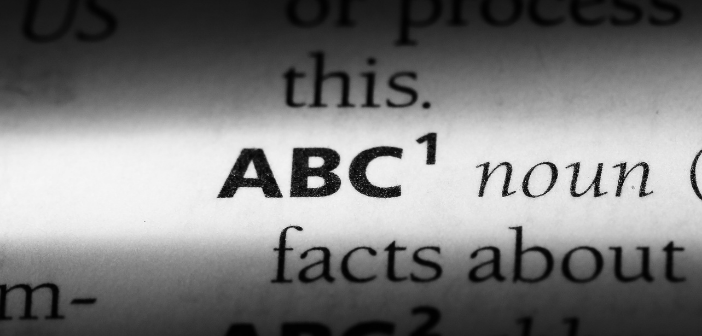1) Your website allows you to talk to the people you want to reach in a direct way.
You craft the story. You craft the messaging. You craft the information. Sure, you accomplish some of these things through content shared on Facebook, but it’s not consistent for new people who see your page. An intentionally-crafted website speaks directly to the people you want to reach with consistency and clarity.
2) Your website allows you to make important information easily accessible.
On a Facebook page, some important information is stored in the “About” section of your page or could be creatively included in the cover photo. But you’re working within the confines of a box not designed to provide the greatest clarity.
Your website allows you to communicate exactly what you want exactly where you want and exactly how you want. That’s important.
3) Your website allows you to focus on SEO in a way that Facebook doesn’t.
SEO stands for search engine optimization, the process of bringing intentionality to page structure and content to position your church to show up for certain things when they’re searched for on the Internet. A social platform like Facebook is a lot less “searchable” than a website, so the content you share there doesn’t provide you as much value from an SEO perspective.
4) Your website allows you to host content in a single place.
As I hope you have explored at some level this year, an effective digital presence nowadays rises and falls on digital content. Podcasts, blogs, online services, social posts, videos, etc.
The foundation of being able to easily share all of those things is your website.
You have a page dedicated to your livestream (or past messages). You have a page dedicated to your podcast or blog feed. You can embed videos throughout the site. And the list goes on… Your content is stored clearly and effectively.
5) Plain and simple, your website is the front door to your church.
Not having one is like not having a front door. Or it’s like having a sign on the front door that says, “Enter around back.”
Honestly, organizations having a website is simply a standard that people come to expect.
If I go to a Facebook page for a nonprofit or ministry and they don’t have a website linked, I immediately assume that they’re outdated, irrelevant, or struggle with small-thinking.
It’s the front door.
This article highlights the need for a website, but if you want to dive deeper in regards to using your digital presence strategically, take a next step with this article on Why We Rarely Recommend Church Apps.







